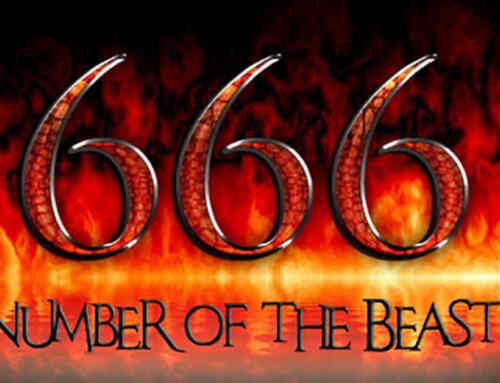Jesus “called his disciples to him and chose twelve of them, whom he also designated apostles.” (Luke 6:13 NIV, italics added)
The English word apostle comes from the Greek apostolos, meaning “one sent forth.” Jesus chose twelve who would carefully study his character, his teachings, his way of relating to others. They were always closest to him, either as individuals or as a group. They witnessed all his works, as well as his betrayal, death, resurrection, and ascension. Our Lord prepared these apostles for the purpose of being special teachers of the gospel.
When Judas failed and vacated his station, “so that Scripture would be fulfilled” (John 17:12), the remaining eleven knew there would have to be a replacement. They hurriedly asked God to overrule when they cast lots to choose one. But though “the lot fell to Matthias” (Acts 1:26), his name is never mentioned again in God’s word. We see that the Lord Jesus himself had another person in mind. As he said to Ananias, “This man [Paul] is my chosen instrument to carry my name before the Gentiles… and before the people of Israel.” (Acts 9:15) That there are only “twelve apostles of the Lamb” is confirmed in Revelation 21:14.
However, Barnabas was called an apostle in Acts 14:14, “But when the apostles Barnabas and Paul heard…” In this scripture, Barnabas was not designated an apostle of the Lamb, but he was an apostle or “one sent forth” from the church in Jerusalem (Acts 11:22). So, others may be sent forth from different churches, but they are not “Apostles of the Lamb.”
There are many offices of service in the body of Christ. Ephesians 4:11,12, “It was he who gave some to be apostles, some to be prophets, some to be evangelists, and some to be pastors and teachers, to prepare God’s people for works of service…” (Ephesians 4:11,12)
What does the term “prophet” mean? Smith’s Bible Dictionary sums up this position of prophet as being “instruments of revealing God’s will to man.” Cruden’s Complete Concordance explains what a prophet is in this way: “It meant, at the time our English Bible was translated, also a preacher – and prophesying meant preaching…. one who tells – a forth-teller – who speaks for another, most usually for God.” So, a prophet is a preacher. Occasionally, it refers to a person who has received an understanding of a future event.
In the New Testament, some in the early church received the “gift” of prophecy (1 Corinthians 12:27-30). These Christians had special knowledge of some future events. This was a gift from God. For instance, Agabus told the Apostle Paul that he would be bound and delivered to the Gentiles (Acts 21:10-13). However, the gifts of the spirit to the early church ceased. 1 Corinthians 13:8, “Love never ends. As for prophecies, they will pass away; as for tongues, they will cease; as for knowledge, it will pass away.” Why did the gift of prophecy pass away? Because the church soon had the complete New Testament to guide them. So today, no one has a gift of foreseeing the future.









